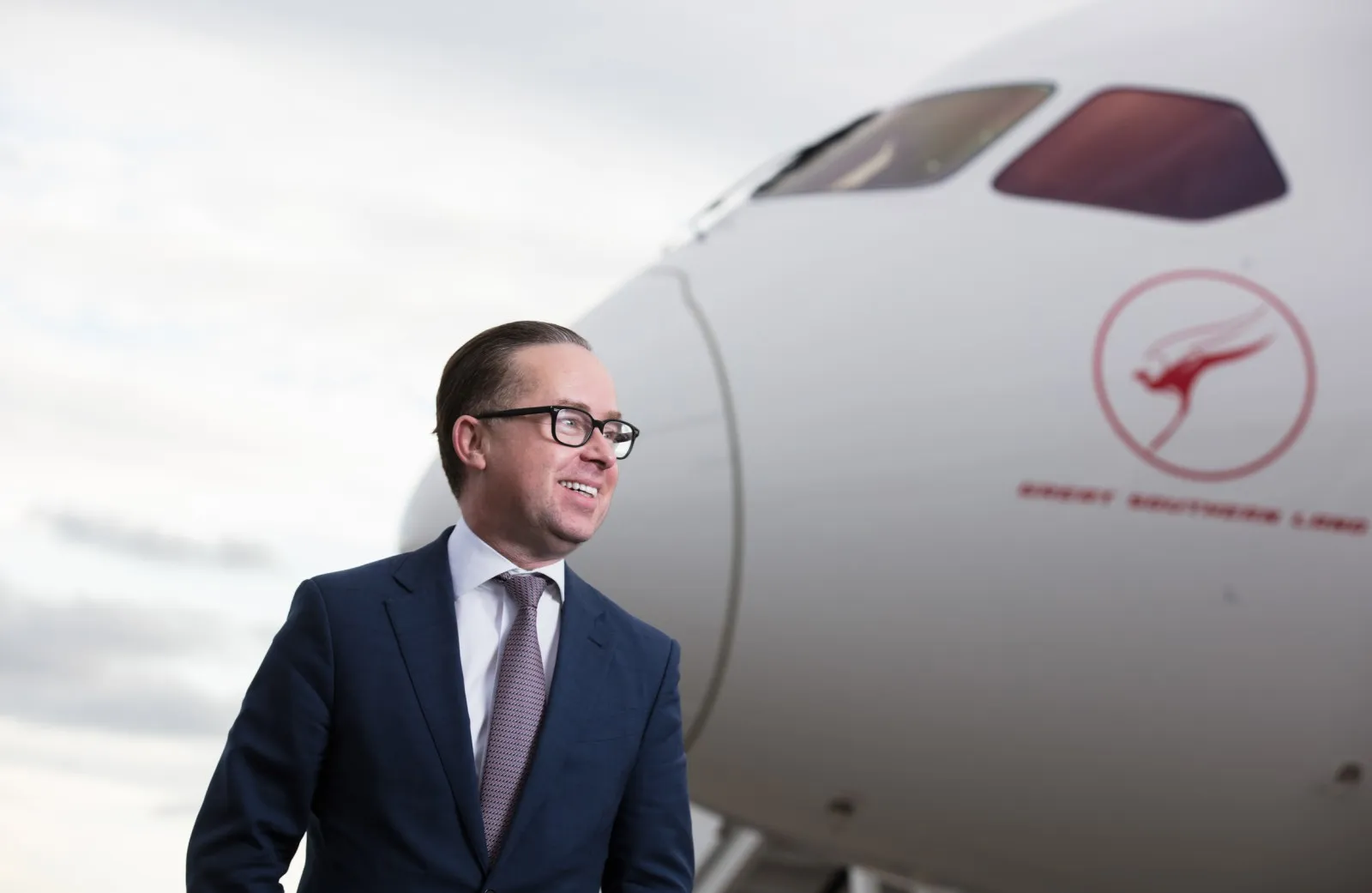
Qantas sells Melbourne terminal, sees 'mixed' domestic demand
May 09, 2019

Qantas has announced the sale of its terminal in Melbourne as part of a strategic move to streamline operations and improve financial performance. The airline is currently experiencing mixed demand for domestic travel, with some routes showing signs of recovery while others remain sluggish. This fluctuating demand reflects broader trends in the aviation industry as it navigates post-pandemic challenges. Despite the uncertainties, Qantas remains focused on enhancing its services and maintaining operational efficiency. The sale of the terminal is expected to provide additional capital to support the airline's ongoing recovery efforts and future growth initiatives.
Qantas Sells Melbourne Terminal
In a strategic move that has caught the attention of the aviation industry, Qantas has officially sold its terminal at Melbourne Airport. This decision comes amid a backdrop of fluctuating domestic demand, which the airline describes as 'mixed.' The sale is seen as part of Qantas's broader strategy to streamline operations and focus on its core business areas.
Understanding the Mixed Domestic Demand
The term 'mixed domestic demand' refers to the varying levels of passenger traffic across different routes and regions within Australia. While some areas are experiencing a resurgence in travel, others continue to lag, affecting overall performance. Qantas has been closely monitoring these trends to adjust its services accordingly.
| Region | Passenger Growth (%) |
|---|---|
| East Coast | 15% |
| Western Australia | 5% |
| South Australia | -2% |
| Northern Territory | 10% |
This table illustrates the divergent trends in domestic air travel, showcasing how Qantas must navigate these complexities to maintain profitability. The airline's decision to sell its Melbourne terminal could be viewed as a necessary adjustment to these changing dynamics.
Financial Implications of the Sale
By selling the Melbourne terminal, Qantas is likely to free up capital that can be reinvested into its fleet and operational efficiencies. This move aligns with the airline's ongoing efforts to enhance its financial performance and shareholder value. Analysts speculate that this transaction could lead to improved cash flow and enable Qantas to adapt more rapidly to market demands.
Qantas's Strategic Focus
Qantas has emphasized a commitment to its core operations, concentrating on routes and services that demonstrate strong demand. This strategic focus allows the airline to optimize its resources and enhance customer experiences across its remaining terminals. The sale of the Melbourne terminal may also enable Qantas to invest in technology and infrastructure that can support a more agile business model.
Consumer Reactions and Market Sentiment
Reactions from consumers regarding the sale have been mixed. Some travelers are concerned about the potential impacts on service quality and accessibility, while others see it as a necessary step for Qantas to remain competitive in a challenging market. The airline's ability to effectively communicate the benefits of this transition will play a crucial role in shaping public perception moving forward.
Future Outlook for Qantas
Looking ahead, Qantas must navigate an increasingly competitive landscape. With the travel industry evolving rapidly, the airline is tasked with ensuring it can meet changing consumer preferences while maintaining operational efficiency. The sale of the Melbourne terminal is just one of the many steps Qantas is taking to position itself for long-term success.
Key Takeaways
1. "Strategic Sale": The sale of Qantas's Melbourne terminal reflects a strategic decision to streamline operations amidst mixed domestic demand.
2. "Financial Focus": The transaction is expected to bolster Qantas’s financial position, allowing for reinvestment in critical areas.
3. "Consumer Concerns": Mixed reactions from travelers indicate the importance of effective communication and service management during this transition.
4. "Future Strategy": Qantas is committed to focusing on routes and services with strong demand to ensure long-term viability.
Conclusion
In conclusion, the sale of the Melbourne terminal by Qantas marks a pivotal moment in the airline's ongoing evolution. As it contends with mixed domestic demand, Qantas is taking proactive steps to ensure its operational strategy remains aligned with market realities. This decision underscores the airline's commitment to adapting to the ever-changing landscape of the aviation industry, positioning itself for future success.
As Qantas continues to refine its operations, stakeholders will be keenly watching how these changes impact the airline's performance and customer satisfaction levels. The next few quarters will be crucial in determining the effectiveness of this strategic decision.
Related Articles

Explore Thailand: The Best Islands to Visit for Paradise, Adventure, and Relaxation

The Ultimate Guide to the Best Islands in Thailand for Your Next Getaway

Do babies need passports? How to get a passport for a newborn

How to get a U.S. passport fast: here’s how to expedite the process

What is Mobile Passport Control: 5 reasons why you should use it

SENTRI vs. Global Entry: A detailed guide

Do you need a passport to go to the Bahamas? Let’s find out

Do you need a passport to go to Mexico? A detailed guide

Do you need a passport to go to Canada? We got the answer

Do You Need a Passport for a Cruise: An Essential Travel Guide

Booster Seat Requirements: All the Rules to Follow in Your Rental Car

What Are the World’s Most Powerful Passports, and How Does Yours Rank?

How to Take a Passport Photo at Home: A Helpful Guide

You've got to have heart! Southwest's new livery

Your opinion: Should water be free on low cost carriers?

Young women bolder than guys as solo travellers
